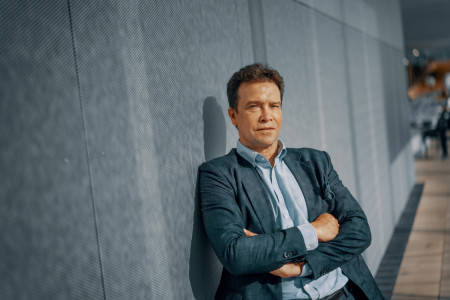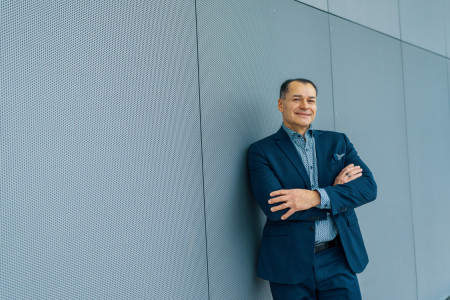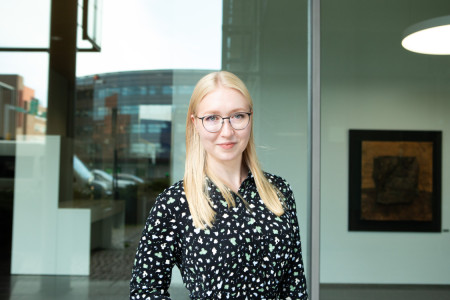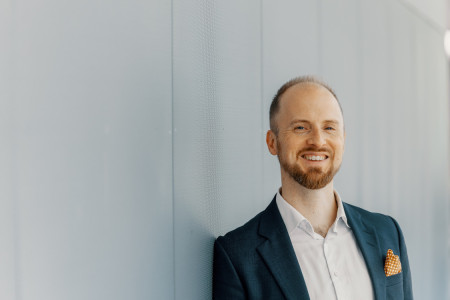New startups and growth companies are being established at an accelerating pace in Finland’s defence industry, while more traditional players in the sector are scaling up their operations. Particularly dual-use companies, offering both civil and defence solutions, boast high growth rates and strong investor appeal.
We conducted a survey at Tesi of the current status of the Finnish defence industry, focusing on its growth prospects. Although the pronounced upswing of the sector was already evident, we needed solid figures to support our investment activities. The survey identified 368 companies operating in the sector, of which 144 are rapidly-growing startups and growth companies. The remaining companies are established players or companies providing expert services to the Finnish Defence Forces. Most companies in the defence industry are located in Uusimaa, a southern region of Finland, but some players are situated in smaller towns and municipalities around Finland.
A significant proportion of the businesses showing growth are dual-use companies. These companies’ products can be used for both civil and defence purposes, making them attractive not only to the market in general but also to investors. Tesi estimates that the revenue growth rate of dual-use technology companies is as high as 30–40 per cent, clearly exceeding the growth rates of more traditional defence companies.
The industry is developing quickly. Although Finland’s defence industry dates back to the 1800s, the wider ecosystem is still relatively young. New businesses are constantly being started, and growth figures show that an increasing proportion of these companies succeed in expanding.
Nevertheless, there are challenges. Companies that focus exclusively on defence technology without dual-use solutions face considerable difficulties in securing funding. Private equity and venture capital (PE and VC) investors are often constrained by fund agreements that prevent investments in military technology. Dual-use companies, on the other hand, bypass these barriers because their products always have a clear commercial application.
For this reason, PE and VC investors favour dual-use companies. Over one-third of the dual-use companies surveyed are owned by PE and VC investors, and VC investors are the largest individual investor group for companies offering dual-use products. Furthermore, the Finnish state is a major player in the sector. State-owned companies have made more than 40 investments in defence industry businesses over the past decade.
There is substantial demand for growth capital in the sector. Export growth, stronger sales and an increase in new export licences mean that production needs to be scaled to meet demand. Testimony to the Finnish defence industry’s competitiveness is the fact that many Finnish players cooperate with the world’s largest defence companies as well as the armed forces of NATO countries. Growth funding has been raised especially by businesses in the space and quantum technology sectors.
There needs to be an ambitious approach to exports in these sectors. In 2023, total exports amounted to EUR 2.6 billion, but I believe that in 2030 we may well reach the EUR 10 billion milestone. Europe’s strategic intent supports this: the European Commission has proposed extensive reforms to defence procurement in the European area, with one priority being that more procurement in this area is made from within Europe.
The defence industry is not only strategically important but is also a sector that is growing globally. Alongside security policy benefits, the development of this sector opens up significant economic opportunities. I believe that Finland’s defence industry, its strong business base and the country’s capabilities for developing new innovations lay the foundation for both national security of supply and economic success in the future.
If you want to read more about the subject, you can find the latest study here.










